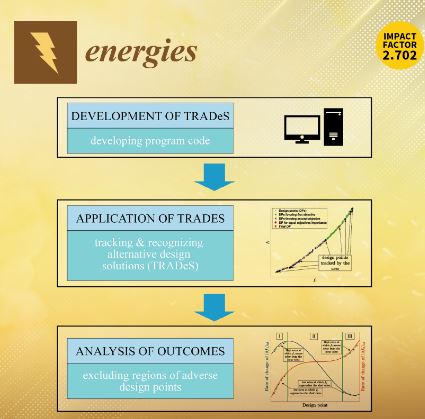Knowledge Hub
Electric vehicles (EVs) are making up an increasing share of sales in key markets around the world, becoming ever more central to automakers’ business models. With this shift, incumbent OEMs and new EV players alike are searching for profitable EV business models and a sustained competitive advantage, since mass-market EV profitability is still a challenge.
Joint Statement on the Urban Mobility Framework
2021
Author(s): International Association of Public Transport (UITP)
UITP and other associations are publishing a new joint statement on the upcoming Urban Mobility Framework. In the joint statement, a broad coalition of transport stakeholders stress that public transport and active mobility must be the foundation on which to build the change we need in our urban mobility systems.
Some studies are already available on how the climate policy transformation affects employment in the automotive world of work. However, their focus is quite narrow, mostly only the employment effects of electromobility are considered.
Stochastic Analysis of Future Scenarios for Battery Electric Vehicle Deployment and the Upgrade of the Electricity Generation System in Spain
2021
Author(s): Fernández RA
This study analyzes the current and future impacts caused by uncontrolled electric vehicle charging activities on the electrical grid in terms of the possibility of having an undetermined number of electric vehicles plugged in at the same time.

The Potential of Vehicle-to-Grid To Support the Energy Transition: A Case Study on Switzerland
2021
Author(s): Di Natale L, Funk L, Rüdisüli M, Svetozarevic B, Pareschi G, Heer P, Sansavini G
In this study, the authors analyze the concurrent electrification of the mobility sector and investigate the impact of electric vehicles (EVs) on energy systems with a large share of renewable energy sources.
Electric vehicles have zero tailpipe emissions, but still have associated emissions from manufacturing and usage. Regulatory agencies in some countries are considering the possibility of using lifecycle CO2 emissions for battery electric (BEV) and internal combustion engine (ICE) vehicles.
Smarter Charging: Power Allocation Accounting for Travel Time of Electric Vehicle Drivers
2021
Author(s): Fridgen G, Thimmel M, Weibelzahl M, Wolf L
Growing electric vehicle (EV) dissemination will increase charging infrastructure installation at home. Similar daily routines are associated with high peak loads due to simultaneous EV charging.

Study of Hybrid Electric and Fuel Cell Vehicle Architecture For Improvisation of Energy Efficiency and Drivability Using Parallel Computing Based Control System Supported with Multilevel Inverter Configuration
2017
Author(s): Ramdasi Sushil S
.

In this work, an effort is made to design an embedded system to notify the occurrence of accident.

Design and Analysis of Magnetic Resonance Based Wireless Charging System for Electric Vehicle
2017
Author(s): Kar Durga Prasanna
There is an evolving paradigm shift in transportation industry towards electrified vehicles, which are more environmental friendly, reliable, safer and smarter. Electric vehicles (EVs) are seen as next generation transportation for sustainable living and low carbon mobility.



